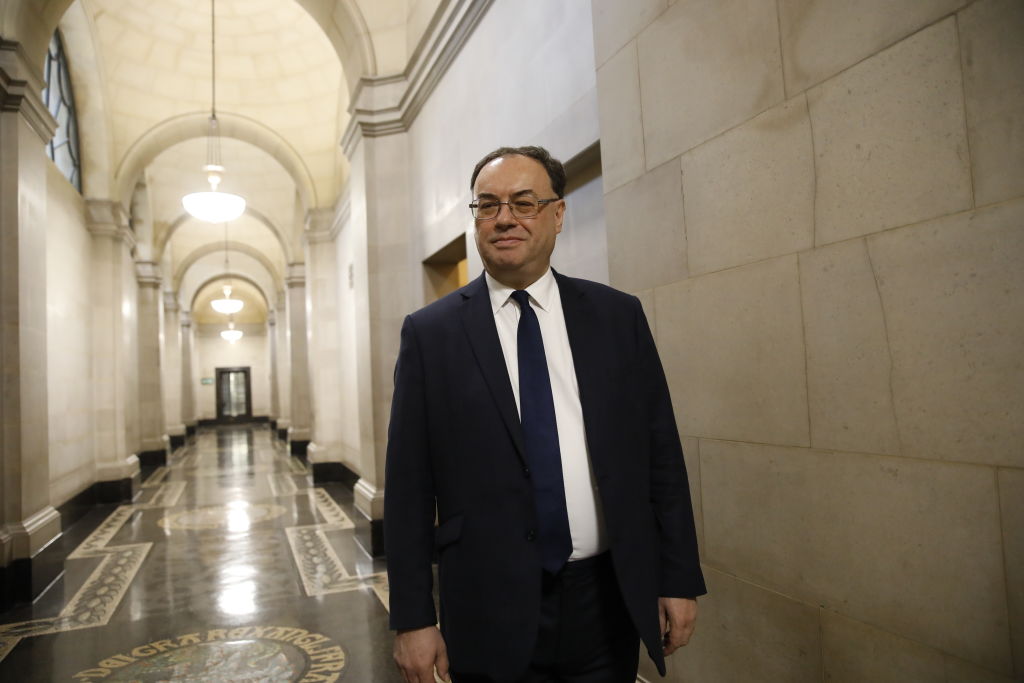Ten billion here. Twenty billion there. At least we now know where Rishi Sunak is getting all the money from. As of today, the Bank of England has quietly started directly financing the government. Instead of selling gilts to fund the difference between what it raises in taxes and what it spends the Bank is simply going to increase the government’s account, normally a relatively trivial £370 million, to what it discreetly describes as an ‘unlimited amount’. How much might that be? No one knows, but the final number could easily have ten zeros at the end of it.
What is known in the economics textbooks by the rather dramatic name of ‘helicopter money’ – where the government simply prints lots of cash and chucks it out of helicopters onto grateful citizens – has begun. Can that possibly work? Just possibly, but it is going to be a high-wire act, and the risk of catastrophe if either the Bank or the Chancellor lose their balance is very high.
On the plus side, it is a lot more honest. It is not as if any governments in the developed world have exactly been living within their means for a while now. For the last decade, the government issued gilts, and then through quantitative easing the Bank bought them. It still has more than £400 billion of them on its books, with no plans to ever sell them back into the market. So in effect it was financing the government in a roundabout way. This way, it cuts out the bond market as a middle man, and simply creates the cash itself and the government gets to spend it. It is more efficient, and we can see what is happening.
The downside is that printing money has always in the past led to inflation, often of the hyper variety, and an eventual collapse of the currency. We all know what happened to the Weimar Republic, or Zimbabwe, or Venezuela, or any other country where governments resorted to the printing press. Will that happen again? In truth, it doesn’t have to. Temporary ‘helicopter money’ can fix a collapse in demand, and prevent a catastrophic recession caused by an extraordinary situation. If the pandemic is relatively short, it will enable a rapid recovery. Businesses will remain in place, and their customers will have money to spend once they re-open.
The trouble is, if it goes on for a long time, it will fuel a rapid rise in prices. If production has collapsed, but there is the same amount of money in circulation, then inflation is the inevitable outcome. It is a bold risk.
There is nothing necessarily wrong with that. In an emergency, it better to take a risk on something that might work than do nothing. The euro-zone is about to give us a lesson in the consequences of paralysis and inertia, and the outcome in Italy and Spain is not going to be pretty. But if it goes wrong, it is going to be very scary indeed – and if you happen to own any gold, already up to all-time highs when measured in sterling, then hang onto it.






Comments